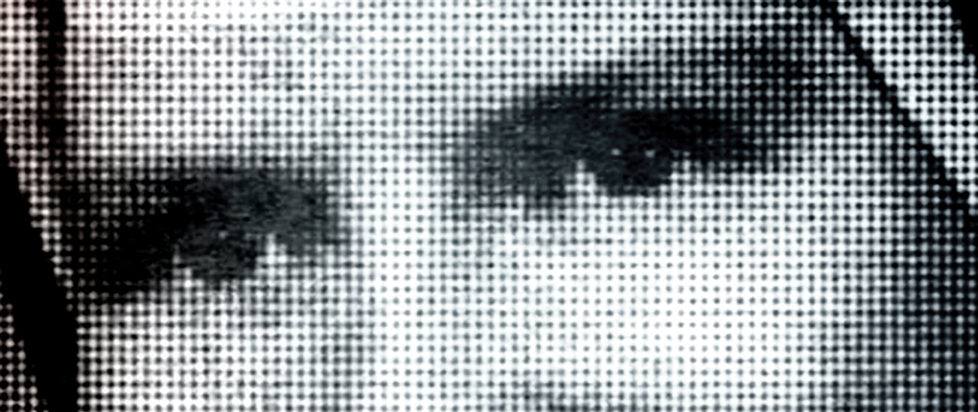
The Keepers
 Every week, Megan Condis and a group of friends get together for Documentary Sunday, a chance to dive into the weird, the wacky, the hilarious and the heartbreaking corners of our culture. This column chronicles all of the must-watch documentary films available for streaming.
Every week, Megan Condis and a group of friends get together for Documentary Sunday, a chance to dive into the weird, the wacky, the hilarious and the heartbreaking corners of our culture. This column chronicles all of the must-watch documentary films available for streaming.
———
This column is a reprint from Unwinnable Monthly #92. If you like what you see, grab the magazine for less than ten dollars, or subscribe and get all future magazines for half price.
———
The Keepers, Netflix’s newest true crime documentary series about the unsolved 1969 murder of Sister Cathy Cesnik, begins, appropriately enough, with a litany – a litany of praise. Some forty-five years after her death, Sister Cathy’s students from Archbishop Keough High School are still singing her praises. She was the “cool young nun,” the one who assigned The Scarlet Letter to her freshman English class (much the chagrin of the Catholic administrators), the one who sang and played the guitar, the one who wanted to venture out of the abbey and into the real world, the better to create the positive changes she sought.
She was also the one who noticed the terror felt by some of her young students. They were suffering at the hands of a priestly pedophile named Father Joseph Maskell. She was the one who promised to make the abuse stop. Unfortunately, the Powers that Be had other plans.
The Keepers postulates that Sister Cathy’s murderer has been protected for all of these years by a powerful conspiracy, one that includes church authorities, state officials and law enforcement officers, designed to keep the depravities of one Father Maskell tightly under wraps. According to victims interviewed by filmmaker Ryan White (whose aunt also attended Archbishop Keough High School), Father Maskell was the well-connected chaplain to the Baltimore County Police Department, the Maryland State Police and the Maryland National Guard, and he regularly allowed police officers to participate in abusive sessions with his charges.
[pullquote]They are the “keepers” of the show’s title: the keepers of binders full of old newspaper clippings, cardboard boxes full of court documents and affidavits, and of the stories of their fellow schoolmates[/pullquote]
The series unfolds like a combination of Netflix’s other popular true crime series, Making a Murderer, the Oscar-winning film Spotlight and the newly revived Twin Peaks, following as two of Sister Cathy’s former students dig through the records and conduct interviews in an attempt to revive an investigation that was artificially cut short. Like Twin Peaks, the series bounces back and forth between a fairly straightforward police procedural, a collection of quirky character studies, and a nightmarish decent into the darkness that lurks in the mind of a depraved killer. Seemingly at every turn, these lay detectives encounter a new authority that is bent on keeping a lid on the case, from the Baltimore diocese, which tries to buy the silence of Father Maskell’s victims, to the state’s attorney’s office, which declined to prosecute him despite literally unearthing a mountain of evidence that he buried in a church graveyard, to the FBI, which has been sitting on a Freedom of Information Act request related to the case for three years running.
These women are obviously still in mourning for their favorite teacher and their love for her and their loyalty to her is a beautiful thing. It is the engine that keeps them going despite the obstacles they encounter at every turn. They are the “keepers” of the show’s title: the keepers of binders full of old newspaper clippings, cardboard boxes full of court documents and affidavits, and of the stories of their fellow schoolmates. Their work takes place in the humblest of spaces: around kitchen tables where they sketch notes onto stacks of coffee filters (can’t somebody buy these ladies some Post-It-Notes?), in local bars and diners and on their Facebook page, which has become something of an online support group for victims of sexual abuse the world over.
They are also, ironically, keepers of the faith. By this I don’t necessarily mean their Catholic faith which was, understandably, an early casualty for some of the central figures in this tale. Rather, I mean that they have kept faith that the truth is out there waiting to be discovered, even after four decades. They keep faith with each other, offering comfort and care even after those who were supposed to shelter and protect them failed so spectacularly. It doesn’t look like there is much in the way of official justice forthcoming for Sister Cathy or for Father Maskell’s alleged victims, but what these women have done is kindled a light within one another, a light like the one that once lived inside of their teacher. They are the keepers of that light, and, via this documentary series, they are letting it shine brightly for the rest of us to see.
———
Megan Condis is an Assistant Professor of English at Stephen F. Austin State University. Her book project, Playing Politics: Trolls, Fake Geeks, and the Game of Masculinity in Online Culture, is under contract with the University of Iowa Press.




